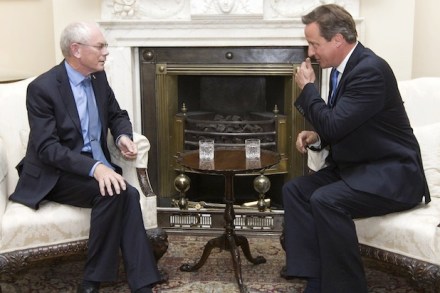‘A great experience during my colposcopy’ – inside the NHS’s new Accountability Hub
Sunlight is said to be the best of disinfectants. Jeremy Hunt has taken up this mantra with the launch of the NHS’s Accountability Hub today. As well as offering information about your nearest GP or hospital, the NHS Choices website is now full of patient safety indicators which, according to the Department of Health, offer an ‘unprecedented amount of patient safety information to allow patients, regulators and staff to see safety performance across a range of indicators.’ All sounds like a good idea, so I had a poke around to see how much information was available on two hospitals I’ve had the pleasure of visiting — one in London, one





















